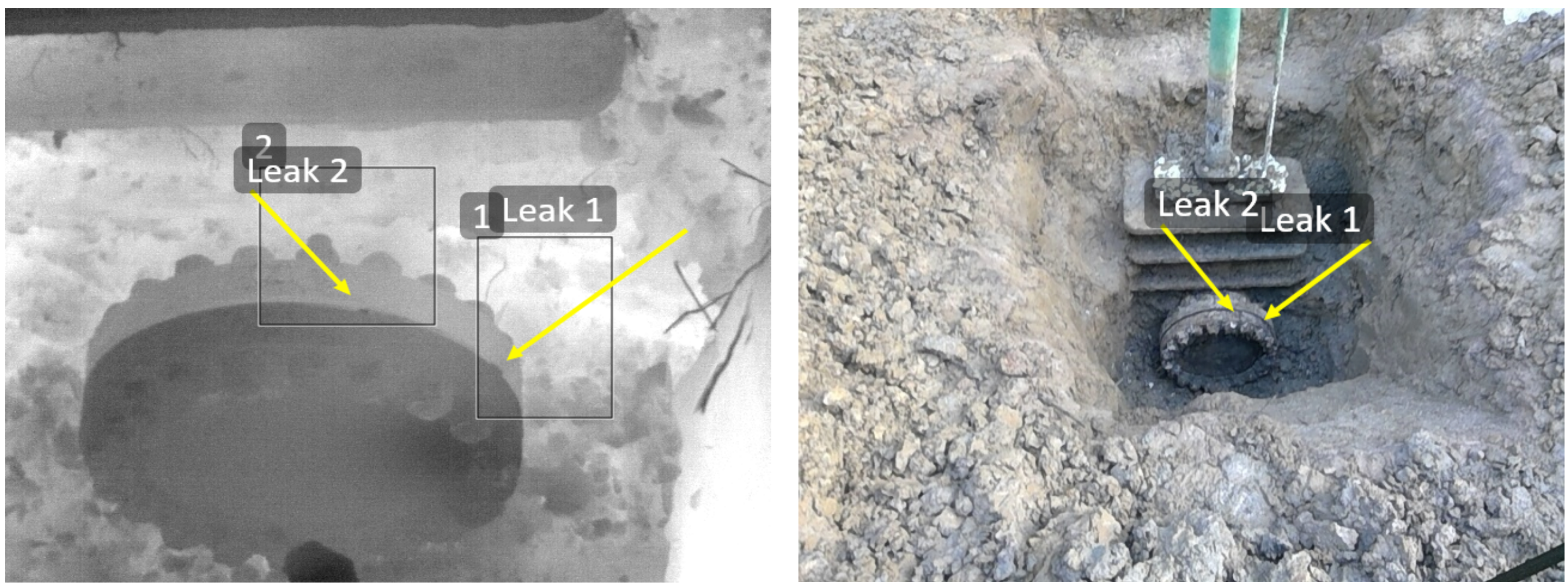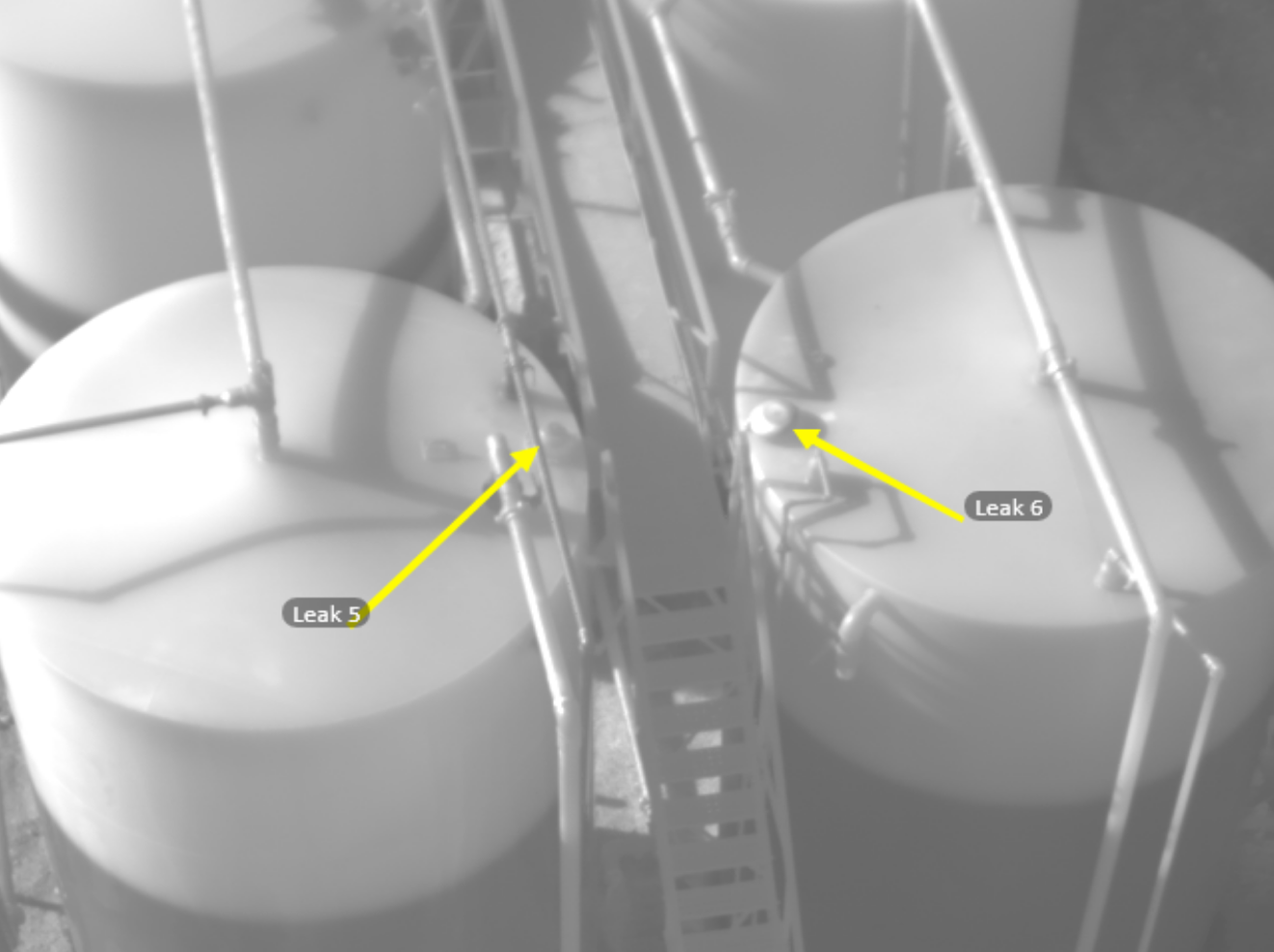
Since 2016, the oil and gas industry has been put to the test with new regulations that require industry leaders to put more effort into meeting the EPA’s methane regulations. The biggest proof of this is the OOOOa or QUAD-A regulations for gas leak detection. It is something that has been building for quite a while, and future changes may also come as revisions seem to be happening constantly.
The Challenge of OOOOa Regulations
Over the last three years, regulations for upstream and midstream companies were put into place that stipulates twice yearly inspections on all well-heads, metering valves, and lines when upgrades happen due to fracking or other situations. It also states that quarterly surveys should be performed at compressor stations. With this regulation, methane became a regulated pollutant in addition to both VOC and sulfur dioxide.
The major impact for this new regulation includes new, modified, and reconstructed well sites, but other impacts may come over time as emissions have also been found in populated areas across the country. There have been several revisions regarding pneumatic pumps, fugitive emissions at compressor stations and well sites, and well completions. The OOOOa laws and regulations also require mandatory annual reporting on both the ERT (the EPA Electronic Reporting Tool) and the CEDRI (Compliance and Emissions Data Reporting Interface). As an industry, you can see the benefit of following through, but for some within the industry, it is somewhat difficult to keep up with.
How to Keep Up with Changing Regulations
 The EPA’s Clean Air Act is designed to combat climate change and reduce air pollution. Their efforts ensure the safety of everyone and as a company, you want the same. Their regulations apply to both the natural gas industry and onshore oil industries. Even during the last year, new regulatory actions have been put into place.
The EPA’s Clean Air Act is designed to combat climate change and reduce air pollution. Their efforts ensure the safety of everyone and as a company, you want the same. Their regulations apply to both the natural gas industry and onshore oil industries. Even during the last year, new regulatory actions have been put into place.
Methane gas leaks are harmful to the environment and everyone who may end up coming into contact with it. It is also highly flammable, which can make it dangerous to do inspections on the ground near places that a leak may be. The regulations that have been put into motion are designed to keep everyone safe within the oil and gas industry. Complying with or meeting the new regulations can be a challenge since not many people want to risk their personal safety to perform an inspection, looking for methane leaks. This is where our Oil and Gas Industry Drone Services can hold the most benefit for companies within the oil and gas industries.
Drone Technology Within the Gas and Oil Industry
If you are looking for a more efficient way to keep up with the changes, Mile High Drones can help. We offer Remote Methane Leak Detections (RMLD) and Optical Gas Imaging (OGI) technology through using drones to check for possible problems. Our drones are fully equipped with many sensors across several key regions of the electromagnetic spectrum. This includes ultraviolet, visible, near-infrared, short-wave infrared, mid-wave infrared, and long-wave infrared. Since we combine two or more sensors on a UAV gimbal, we can quickly collect the data necessary to ensure every part of your operation is running safely and efficiently.
We have skilled drone operators stationed all over the United States. Our operators know how to safely and effectively perform an inspection that you can turn in on the ERT or CEDRI reporting tools using both video feeds and infrared sensors to detect problems before they get out of hand, with no risk to you, your employees, or the environment. Simply contact us to learn more about our oil and gas drone services. We look forward to helping you meet or exceed all OOOOa regulatory requirements.


